|
Today I turn 55. Here's what I've been learning lately.
Take your meds. Accept your age and your limits and your need for help. People who care about you want you to take care of yourself so they can enjoy having you in the world as long as possible. Play more. Invite others, and accept the invitations you get. A playful exchange can be just a few seconds, or a whole week. Don't miss out on the little ones while you're waiting for the big ones. Habits, routines, rituals. These are the scaffolding of your life, and the value compounds. Motivation is highly overrated. More than anything, your habits are your life, so build ones you like. You'll be in motion before you have time to overthink. Then tough things aren't as tough, and good things are even better. Start, keeping starting, and the finishing will take care of itself. Help someone feel better every day. Reinforce the things they like about themselves. Reframe or ignore the things they don't. If they begin sharing, invite them to tell you more, and then just listen. It doesn't take much, but we all want to be noticed and heard. Say what you think you want, but know that you'll probably be wrong. Say it again. You'll get a little closer. Tell others, listen how it changes, and keep your antenna tuned to how you feel when you say it. Keep saying it, and over time you'll slowly circle towards the truth. All the while, be open to finding something you didn't expect but that turns out to be what you always wanted. See the deep beauty in challenge and the uncertain. Without challenge, boredom shows up faster than most realize. And who wants to know their whole story before it happens? Don't ever wish a day (a week, a year) was over. Time is the most precious of non-renewable resources. We get what we get, and no more. However, if you're ever feeling like you want to start over, then stop, i-n-h-a-l-e, e-x-h-a-l-e, reset, and start over. Don't wait. 1 + One. Zoom all the way in to the individual, and we're all unique, autonomous, and separate. Zoom all the way out to humanity, and we're all the same, interdependent, and together. The great dance of life is being true to both of those. Share what you know. That's how we ended up here with running water and lights and cars and grocery stores and internet, instead of naked in a jungle in the middle of the night. People before us learned something, and then shared it, discussed it, improved it, bit by bit. It all adds up. Better people have bigger problems. Why? When you improve yourself, you are better. When you are better, you can handle more things. When you can handle more things, you notice more things that need help handling. Better people have bigger problems. Here's to trying to be more better, and solving bigger problems! I can't wait to see what's next.
3 Comments
2020 was a year of highs and lows, like any year. And, like any year, I like to frame it as going from high-to-high, rather than from low-to-low. Same path, but better memories. Am I just being tone deaf and ignoring all the suffering of the year? Nope. When the pandemic hit I had already been unemployed for 8 months. I eventually just stopped looking. My wife was laid off for months. I didn't get to see my young grandson even once. We missed annual gatherings with family and friends, some of which for the first time ever.
But we all know about that, and much worse. However, it can be easy to forget about the good stuff. I find that when I focus on what I have, instead of what I don't have, every day is better. So, here's my personal list of why 2020 was awesome...
Was it tough going at times? Sure thing. But I won’t let that overshadow all the good that happened. I can’t wait for what’s next. Happy New Year! Have you ever struggled when communicating the specs for a small project? Sure, it's easy to pick a deadline, but is the date just a loose ballpark, nice but negotiable, or event-driven and critical? What about level of creativity required, or detailing?
I built my Expectation Abacus to help with that. With the rise in remote working, I thought it might be helpful to share a tool that can quickly capture and negotiate the "softer specs" of a project. Feel free to share and adapt. http://www.moehrbetter.com/expectation-abacus.html As part of my freelance work, I build art and help develop products for a small pinball printing company. Among other things (backglasses, plastics sets), we make Hardtops™, the premier pinball playfield restoration solution. We have about 20 classic games available, and have been releasing a new title every month or so.
We first attended the Chicago Pinball Expo in 2014. We had a vendor booth in 2015, 2016, and 2017, and won "Best Exhibit" all three years. This year, instead of cancelling the show, the Expo was virtual (a major feat of coordination). They live-streamed hours of seminars, interviews, tours, playing, and vendor ads. I put together three videos. They're just simple editing of footage others supplied, but many times "simple and done" is better then "advanced and still not done". One was instructional (Hardtop installation), one promotional (old pinball machines need your restoration help), and the last was submitted just for fun (celebrating friendships made at the show). I then had a really nice surprise - my "Friendship" video was chosen to close out the 4-day show. I'm touched and thrilled about that, because I had tried to sum up what made it an event we really looked forward to every year - the great people we meet to share in a hobby we love. http://www.outsideedgeproducts.com/hardtop-music-videos.html For the promotional video I used an unused music mix I made in 2007 that had been sitting on an old hard drive just waiting for the right moment. For the friends video I picked a song from Shot Baker for a couple reasons. First, the lyrics were perfect for the struggles of this year. Second, they are a Chicago band, and Chicago is the home of pinball and the Expo. Third, I kinda loosely know them, have seen them play three times, and was able to get permission to use the song. Thanks guys! Their music just makes me feel good. LYRICS: All my love is a compilation of the ones that I have grown to trust We have withstood the test of time and you’re consistently still kind The things I like about myself I feel I owe in part to everyone who has made me feel like I’m worth knowing My friend I know you’ll always be a part of me Oh the finest moments when we are in tune I’ve learned the world with you (my strength against the grain) I’ll face this life with you Hey! We’re OK! Look ahead the struggles never end I know that we’ll all end up dead Before I make my great depart just know the love’s stained on my heart And if this bond should slip away everything I’ve learned will still remain and I’ll smile sometimes when I think about you My friend I know you’ll always be a part of me And in finer moments know just why you’re close to me I’ll see you on the inside Sometimes we’ll break these barriers Lost and imperfect with my friends. Today marks 10 years since I switched to using a standing desk. You might think I’m crazy, but I never want to go back to sitting at a desk all day every day. Honestly, it took a couple months for my feet to get used to it. It’s not something you can just dive into for a full day without feeling achy. However, now I can go from morning to midnight, and I don’t even notice. My standing desks have always been rigged. My first was just a regular height desk with empty boxes on top that raised up the computer, keyboard, and mouse. Kudos to my boss at the time who let me try that ugly (but functional) experiment. After a few years, I got a desk with longer legs, and it started to look not quite so hacked together. For that setup, I had a digital side… ...and an analog side. My current work-from-home setup is still pretty rigged, but functionally it’s the best I’ve had, and it works great. The key is to have the heights right. You should have your eyes about even with the top of your screen (just like when sitting down), and your elbows should be about 90 degrees with your forearms not quite touching the desktop (just like when sitting down). Your shoulders should be relaxed, not shrugged. It’s worth the time to make little adjustments to make it fit you, and not the other way around.
This is the mat I stand on - Topo by Ergodriven. I love it because the varied surface gives my feet and legs lots of different positions to play with. I’m either in minimalist shoes, or barefoot. I’ve had it for about 5 years, and it has zero wear. Totally worth the $100. I’d eventually like to build this awesomely simple adjustable desk. I bought the plans for $30, but it might be beyond my woodworking skill. Certain parts have to be dead on. We'll see, but it's just so cool I might have to try. Someday I’d like to add a HON Perch stool. And, when I make my first million, it will be the ultimate, a 2-level glass-topped EvoDesk. I know having a standing desk isn’t for everyone. But for me, it helps my posture, my feet feel strong and healthy, and I’m more mentally alert. Plus, according to the site StandUp Kids, I’ve also burned 707,000 calories more than I would have sitting in my chair for 10 years. No wonder I can eat so much. :) I love computers. My first was a TRS-80 from Radio Shack. I programmed in BASIC, Fortran, and Cobol. Once I got my first Mac (with just 4mb RAM, and a 40mb hard drive), I was off into the digital graphics world. In the 30 years since then, I've learned dozens (hundreds?) of applications for organizing information visually on a computer screen.
So, why haven't I gone paperless? Why is my daily paper use as high as it ever was? Because I strive to use the tool that gets the job done effectively with the least effort. There are many times when a piece of paper is simply the best tool. Read more in my third blog post for Cabrera Research Lab! https://blog.cabreraresearch.org/sm-ob I had an idea for a Systems Thinking poster. It was to use the initials of the four fundamental elements of Derek Cabrera's DSRP model to visually communicate the essence of each at a glance. I shared a sketch, and the Cabrera's liked it! A few rounds of back and forth, and this is the final piece. To go along with it, I also wrote my second blog post for Cabrera Research Lab! https://blog.cabreraresearch.org/solv-prob-st
In late April, I discovered Cabrera Research Lab, and Derek and Laura Cabrera's fantastic work on Systems Thinking. Derek spent decades uncovering, distilling, and codifying the essence of how we think. He identified four fundamental elements of thinking that we all naturally do. However, knowing them and being able to name them and consciously apply them, well, it's just a game-changer for me. How simple are they? They've taught them to kindergarten classes. How sophisticated are they? Derek and Laura both are professors at Cornell, and teach these concepts to grad students. I've been diving deep into their work, and sending them questions and ideas. They are true education pros, and have generously and enthusiastically answered every question. They have also enjoyed my thoughts on the subject (even though I'm a complete neophyte), and asked me to write a blog post about how I used their tools to solve a problem in my own life. Here's my first blog post for Cabrera Research Lab! https://blog.cabreraresearch.org/solving-st Here's a pdf of the index card setup.
I had a colleague ask "Where can we go for the facts? I'd pay for truth."
Truth requires FIRST tuning your own radar and thinking skills. Only then can all sources be potentially valuable. They can be evaluated and integrated into your own mental models, ideally updating them to better match reality. Our mental models are ALWAYS at least partially incomplete and wrong, but we can strive to make them more correct. How do we tune our radar and make our thinking better? How can we know what's true? It starts with you. Tell the truth the best you can (especially to yourself). Accept that we all know a lot less than we think we do (the world is much more nuanced and complex than we ever want to admit). Keep your eyes and mind open so you can regularly update what you think is true. Only then can you begin to trust yourself to discern what's true. It's not about the source. It's about your ability to evaluate the information.
|
Hi, I'm Scott MoehringI'm a designer, teacher, writer, inventor, hockey player, gamer, and lifelong learner. I like to make cool stuff and share it with curious people. Archives
January 2021
Categories |
||||||||||||||||||
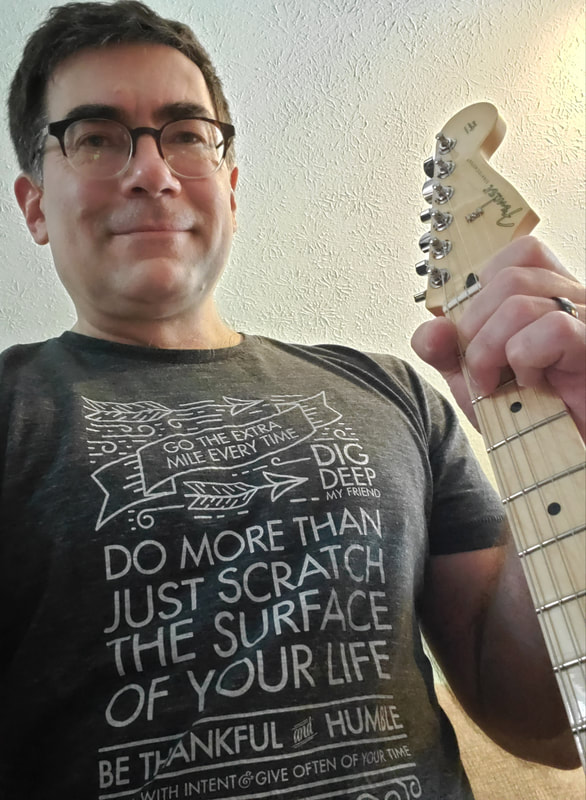

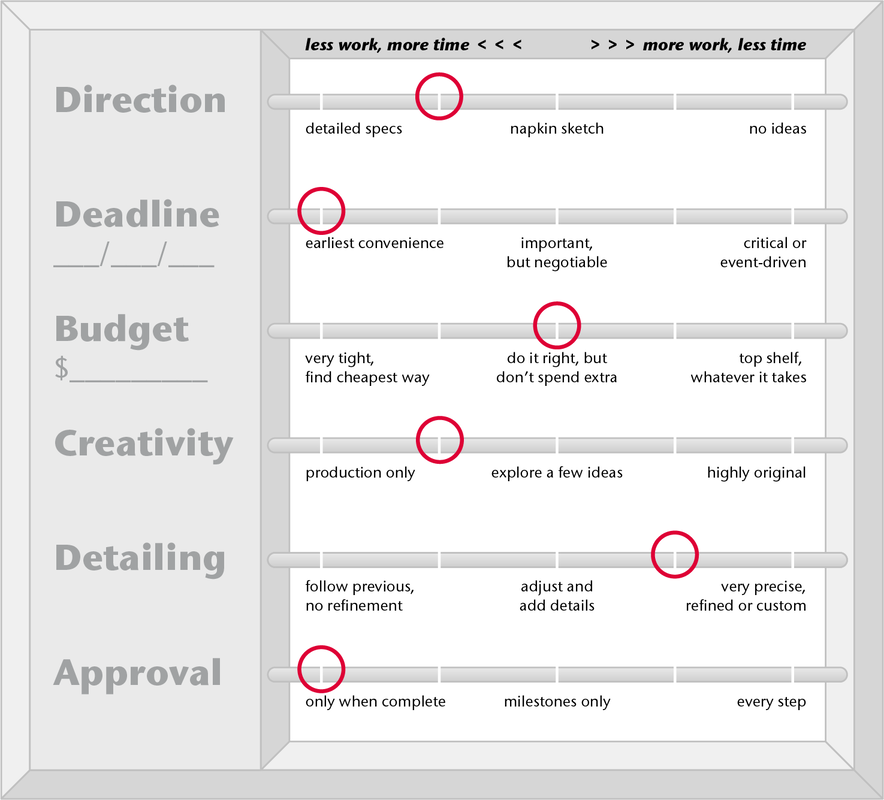
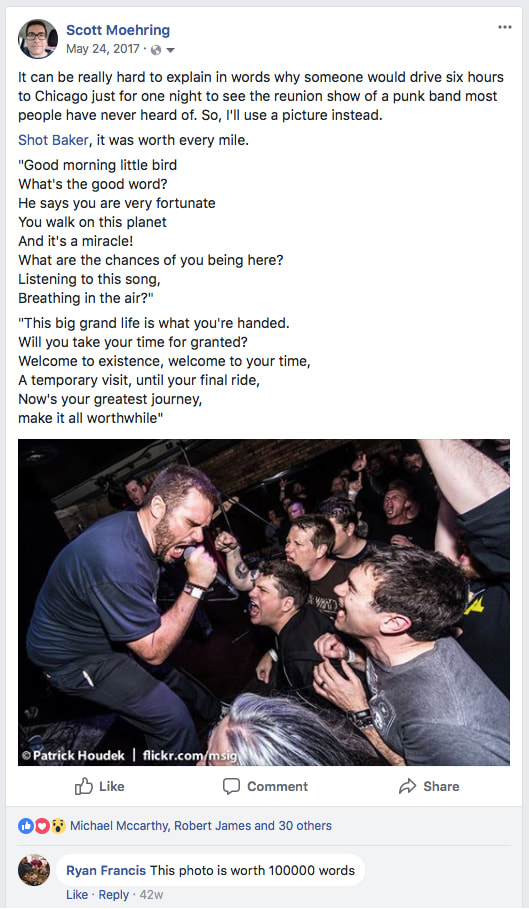
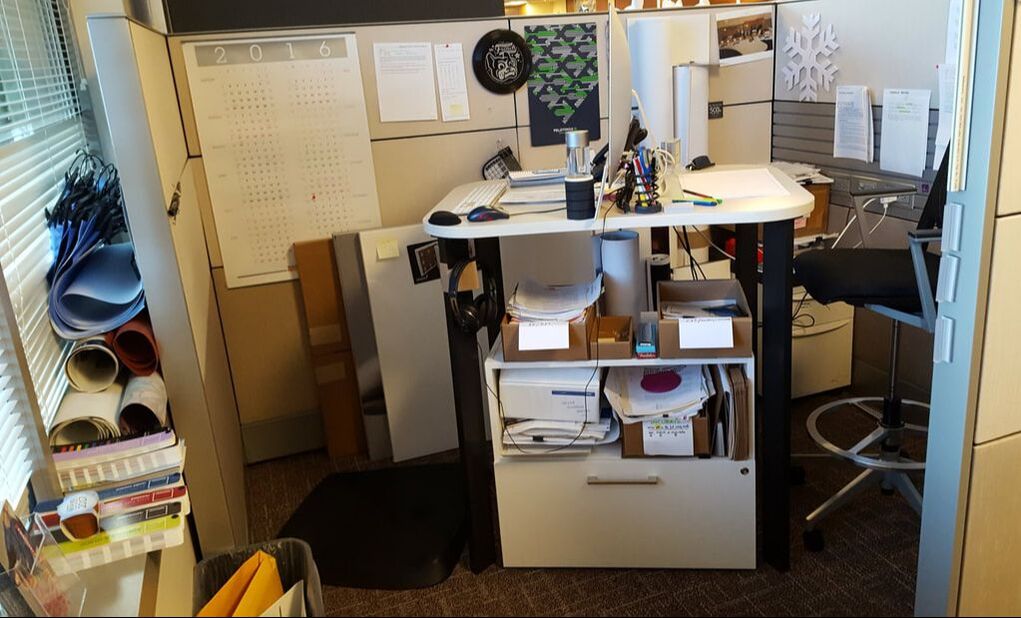
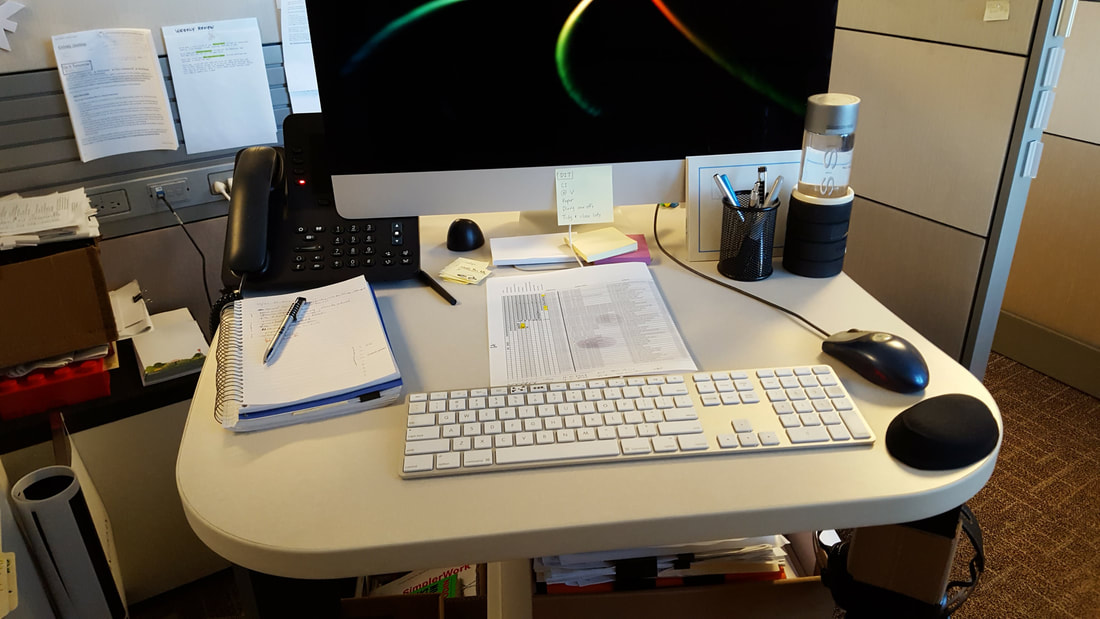
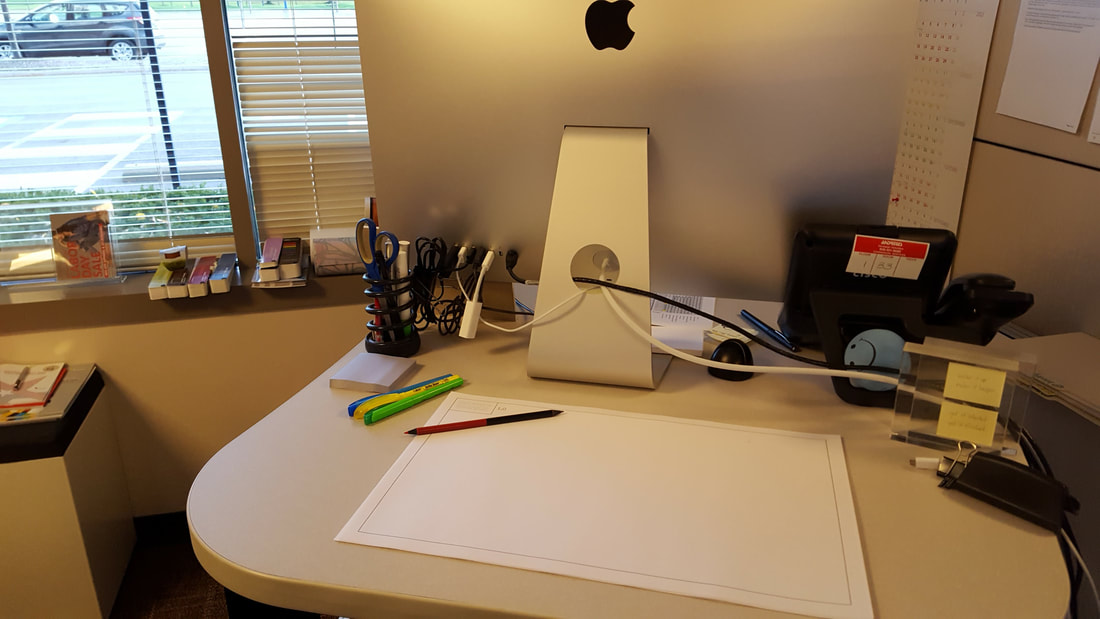
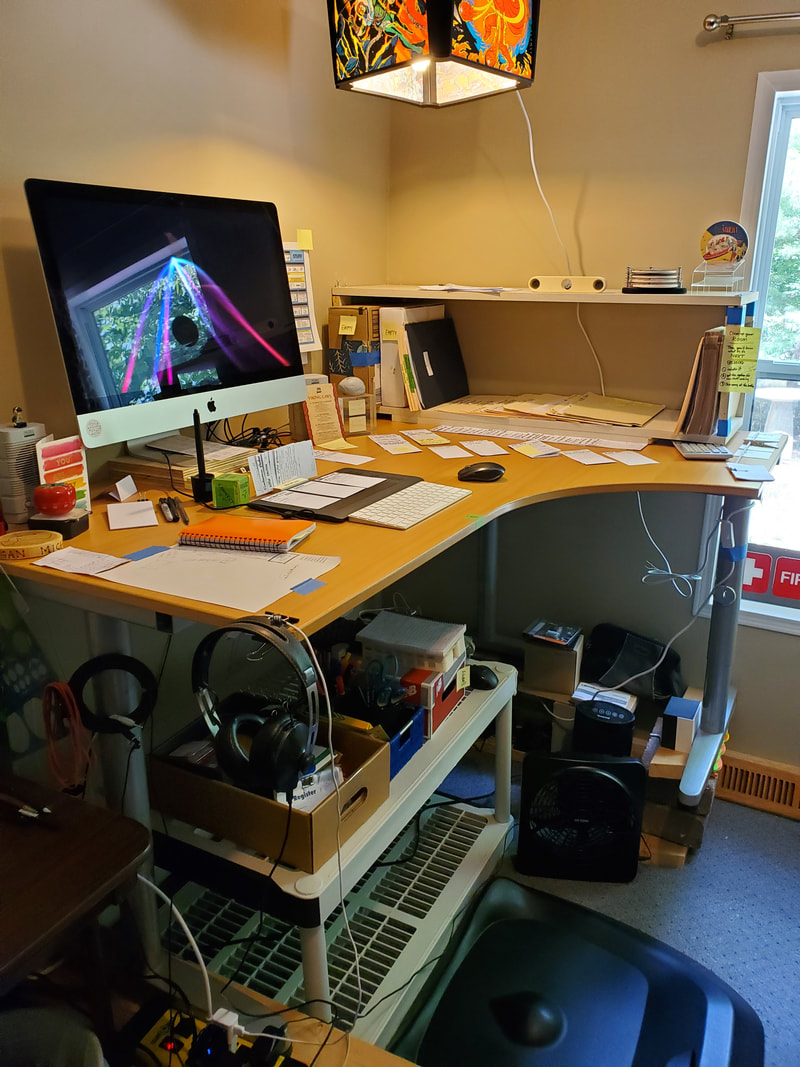
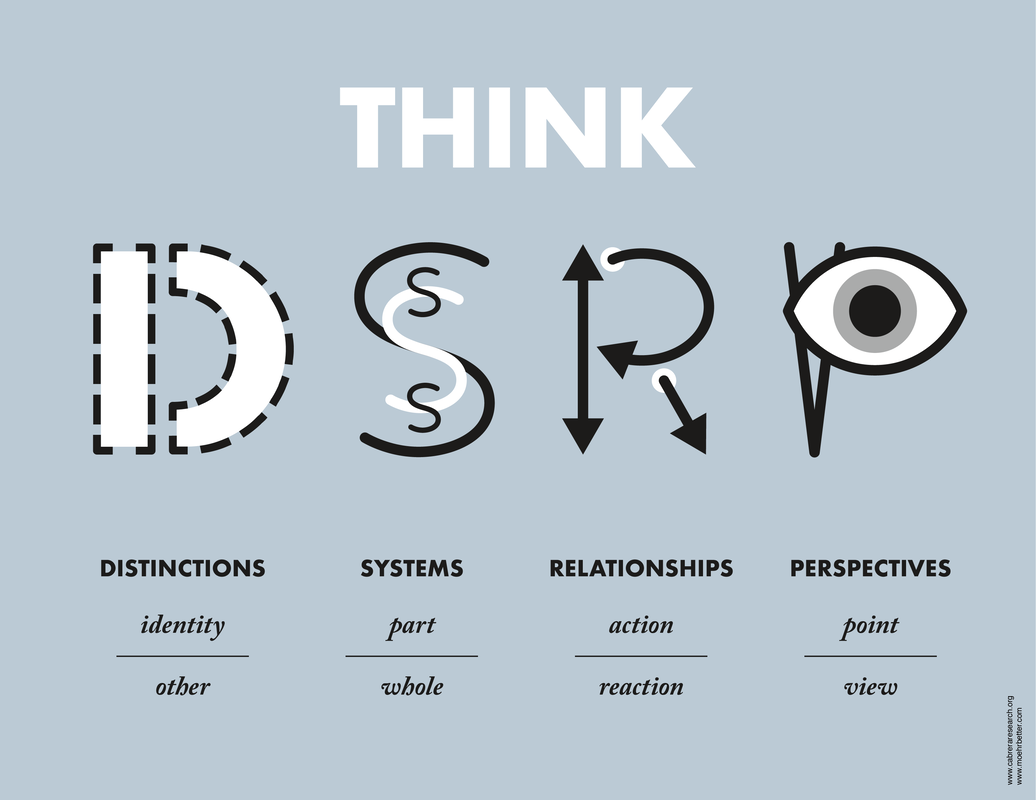
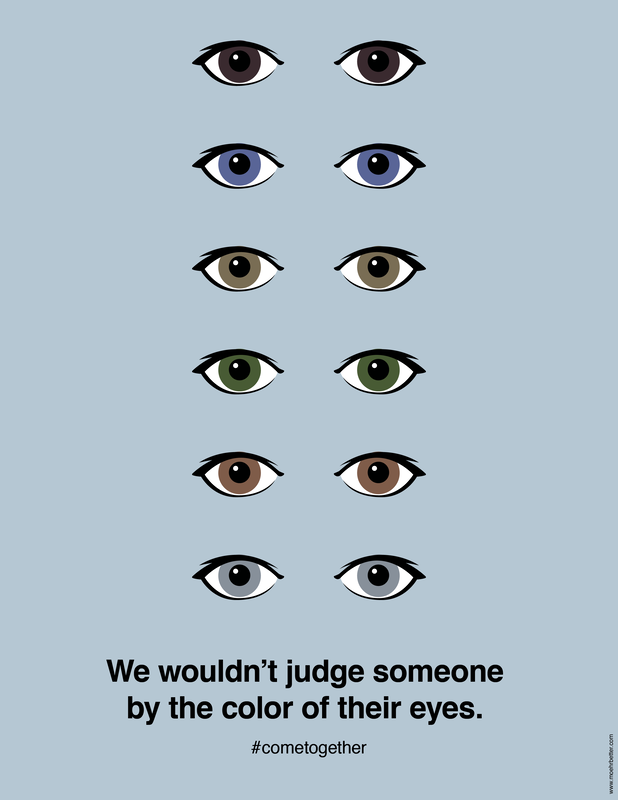
 RSS Feed
RSS Feed